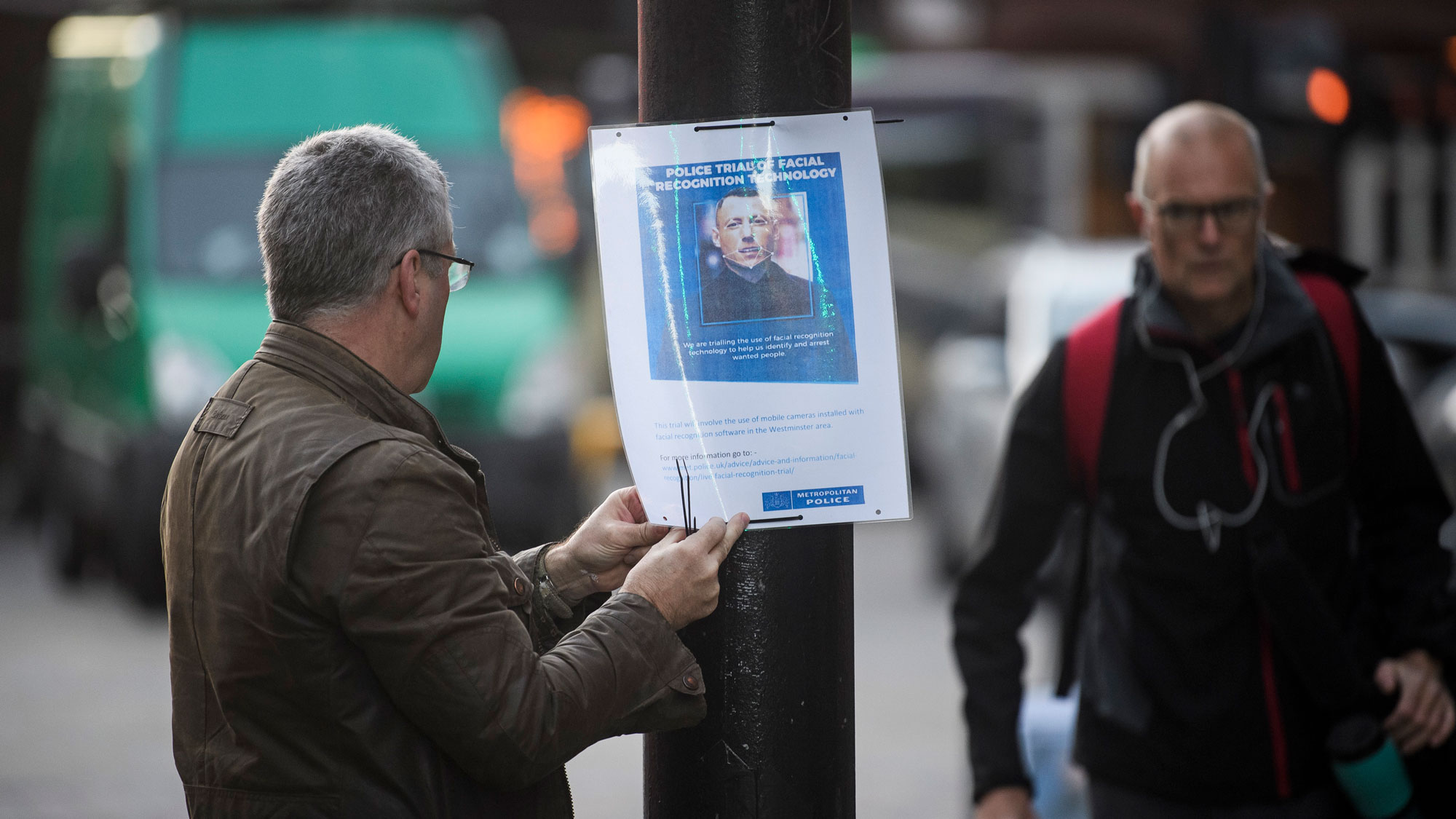London police’s face recognition system gets it wrong 81% of the time

The first independent evaluation of the Metropolitan police’s use of face recognition warned it is “highly possible" the system would be ruled unlawful if challenged in court.
The news: London’s police force has conducted 10 trials of face recognition since 2016, using Japanese company NEC’s Neoface technology. It commissioned academics from the University of Essex to independently assess the scheme, and they concluded that the system is 81% inaccurate (in other words, the vast majority of people it flags for the police are not on a wanted list). They found that of 42 matches, only eight were confirmed to be correct, Sky News reports.
Police pushback: The Met police insists its technology makes an error in only one in 1,000 instances, but it hasn’t shared its methodology for arriving at that statistic.
Rising fears: As face recognition becomes more ubiquitous, there’s growing concern about the gender and racial bias embedded into many systems. With that (and other concerns) in mind, San Francisco banned its use by public agencies last month. That doesn’t do anything to stop it from proliferating in the private sector, but at least it might mean it can’t be wielded by authorities with the power to arrest you.
Sign up here to our daily newsletter The Download to get your dose of the latest must-read news from the world of emerging tech.
Deep Dive
Artificial intelligence
What’s next for generative video
OpenAI's Sora has raised the bar for AI moviemaking. Here are four things to bear in mind as we wrap our heads around what's coming.
Is robotics about to have its own ChatGPT moment?
Researchers are using generative AI and other techniques to teach robots new skills—including tasks they could perform in homes.
An AI startup made a hyperrealistic deepfake of me that’s so good it’s scary
Synthesia's new technology is impressive but raises big questions about a world where we increasingly can’t tell what’s real.
Stay connected
Get the latest updates from
MIT Technology Review
Discover special offers, top stories, upcoming events, and more.